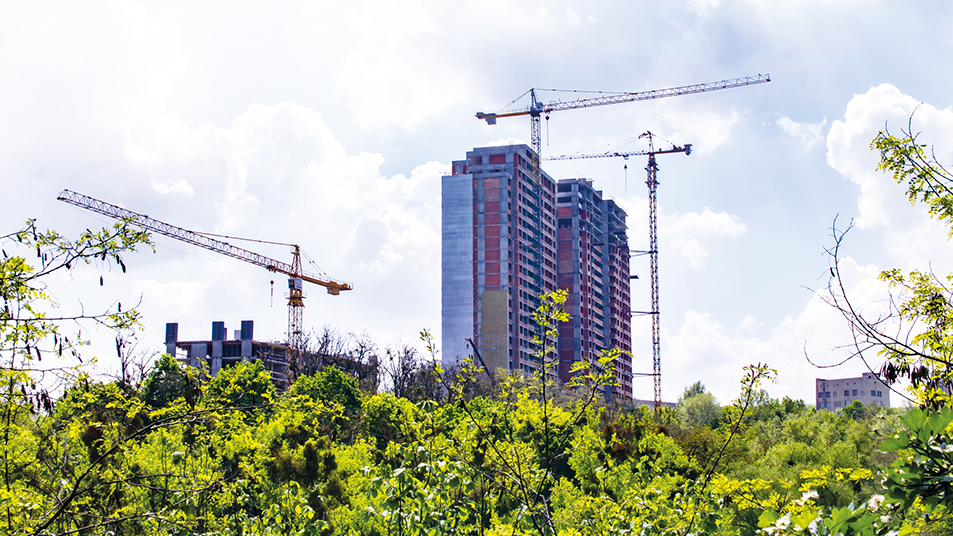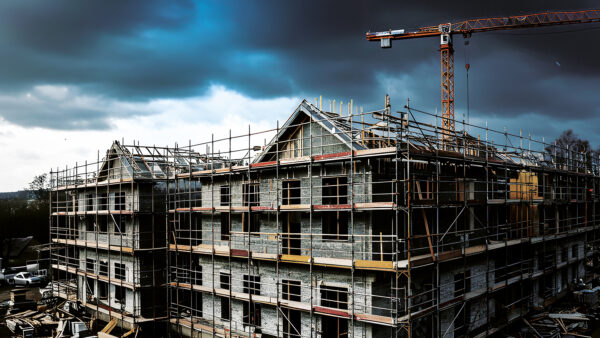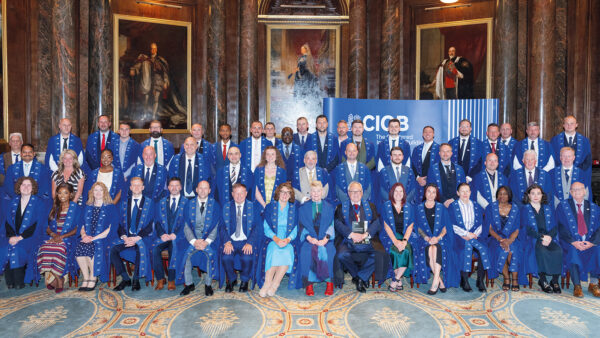
CIOB professionals must be credible leaders of climate mitigation and adaptation projects, argues David Stockdale.
It starts and finishes with money. Building and construction projects have a lifecycle that starts with money – without money there are no projects. Understand that and you have CIOB’s future in perspective.
Mark Carney, the United Nations special envoy for climate action and finance, says that the objective for the financial sector is simple: every professional financial decision must take climate change into account. This requires not only financial institutions but also individuals to align their professional activities and behaviour with this goal.
So, what does this mean for the global CIOB membership? Well, it means that CIOB professionals must be credible leaders of climate mitigation and adaptation projects, within the scope of the global building and construction sector, which will be required to deliver an efficient transition to a decarbonised economy. This will involve advice, analysis, actions and decision-making on transition works that are estimated to cost $6tn per year.
“CIOB professionals must be credible leaders of climate mitigation and adaptation projects, within the scope of the global building and construction sector.”
This will require a basic understanding of environmental science related to buildings and its infrastructure within the next CIOB corporate plan. In addition, there must be an understanding that building and construction value chains will have to take a stakeholder value approach (that includes regulators, employees, clients, shareholders, local and central government and construction managers).
Post COP26, CIOB will have to revisit its Royal Charter and reaffirm its commitment to:
- The promotion for the public benefit of the science and practice of building and construction; and,
- The advancement of public education in the said science including all necessary research and the publication of the results of such research.
This will involve climate science within the context of the global building and construction sector. CIOB corporate membership routes will have to be reassessed and realigned to ensure that the professional cadre are ‘up to speed’ to lead projects and effectively contribute to debate and decision-making with clients and investors.
In addition, CIOB cannot successfully address the climate emergency without addressing the broader aspects of economic and social sustainability. The client and global financial sector will be aligning themselves with the 17 UN Sustainable Development Goals – 17 objectives agreed by 193 countries in 2015 to address the major environmental, societal, and economic global challenges.
International investors will also scrutinise project governance which covers the CIOB sphere of best practice that is based on the principles of our Royal Charter.
As a result, the next CIOB corporate plan will be the most influential since 1980.
David Stockdale FCIOB is director of Briga Consulting.











